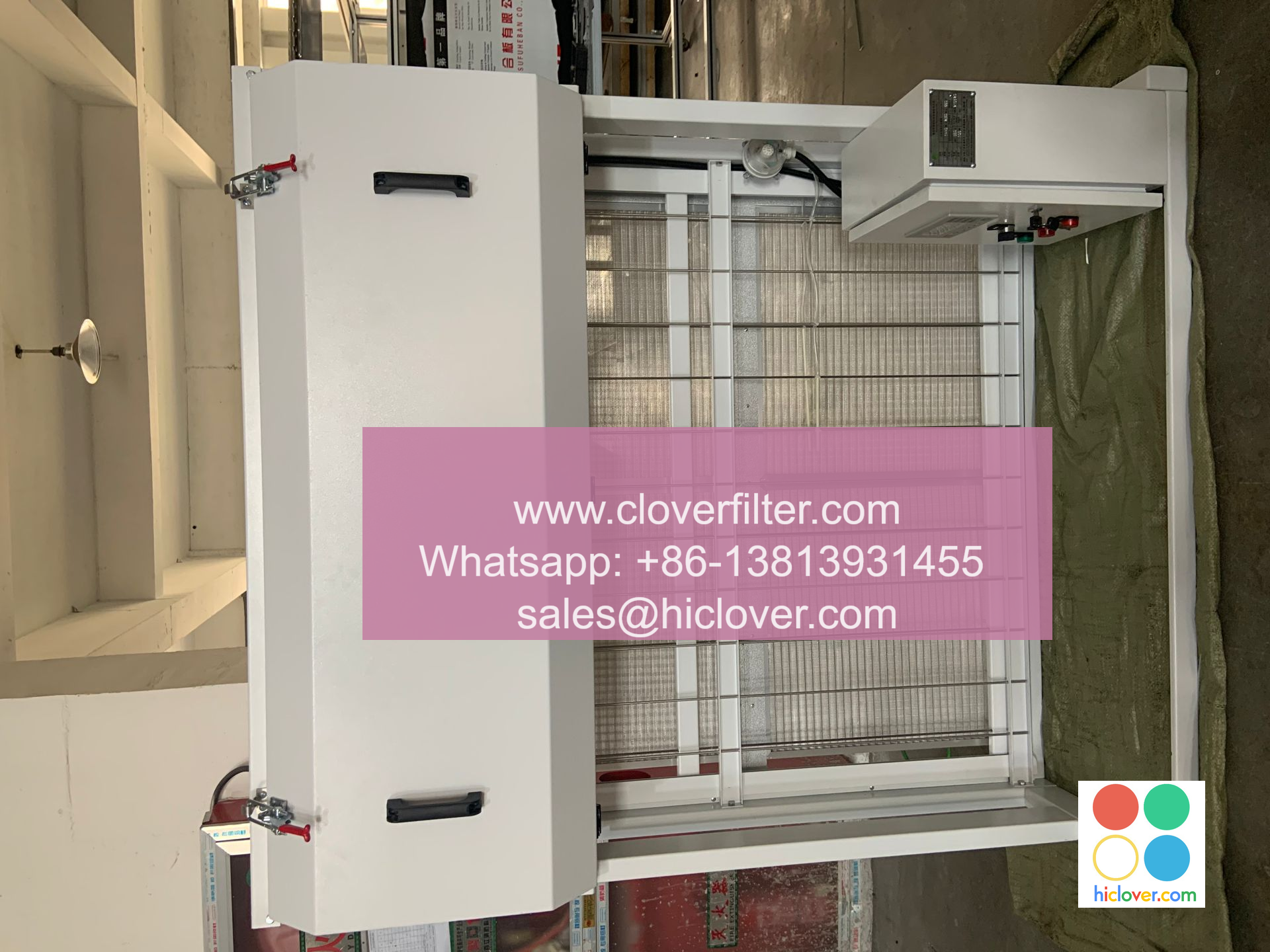The Benefits of Energy-Efficient Air Filters for Recreational Centers

The Importance of Energy-Efficient Air Filters for Recreational Centers
As the world becomes increasingly aware of the importance of energy efficiency and environmental sustainability, recreational centers are not immune to the need to adapt. One key area where energy-efficient air filters can make a significant impact is in the arena of indoor air quality and overall facility operations. In this article, we will explore the benefits of energy-efficient air filters for recreational centers, highlighting various application areas and how they can help reduce energy consumption, improve air quality, and enhance the overall user experience.
Benefits of Energy-Efficient Air Filters
Energy-efficient air filters offer a range of benefits for recreational centers, including:
Reduced Energy Consumption
Conventional air filters can be quite energy-intensive, as they require frequent replacement and maintenance. Energy-efficient air filters, on the other hand, are designed to reduce energy consumption by minimizing air flow resistance, reducing fan motor energy consumption, and prolonging filter life.
Improved Indoor Air Quality
Energy-efficient air filters are designed to capture finer particles and contaminants, improving indoor air quality and reducing the spread of airborne pathogens. This is particularly important for recreational centers, where people gather and engage in various activities, potentially exposing themselves to airborne germs.
Longer Filter Life
Energy-efficient air filters are designed to last longer than conventional filters, reducing the frequency of replacement and maintenance. This not only saves energy but also reduces waste and minimizes downtime for facilities.
Enhanced User Experience
Improved indoor air quality and reduced odors can enhance the overall user experience for visitors and patrons, making recreational centers more enjoyable and inviting.
Application Areas for Energy-Efficient Air Filters
Energy-efficient air filters can be applied to various areas of recreational centers, including:
Gyms and Fitness Centers
Energy-efficient air filters can improve indoor air quality, reducing the spread of airborne pathogens and minimizing odors, while also reducing energy consumption.
Swimming Pools and Locker Rooms
Energy-efficient air filters can capture pool chemicals and moisture, reducing humidity and odors, and creating a more pleasant environment for visitors.
Ice Rinks and Hockey Arenas
Energy-efficient air filters can improve indoor air quality, reducing the spread of airborne pathogens, and minimizing the impact of air circulation on hockey players.
Sports Fields and Turf Facilities
Energy-efficient air filters can capture dust, pollen, and other airborne particles, improving air quality and reducing the spread of airborne pathogens on sports fields.
Conclusion
In conclusion, energy-efficient air filters offer numerous benefits for recreational centers, including reduced energy consumption, improved indoor air quality, longer filter life, and an enhanced user experience. By implementing energy-efficient air filters in various areas of the facility, recreational centers can not only reduce energy consumption and costs but also provide a healthier, more enjoyable environment for visitors and patrons. Whether it’s a gym, pool, ice rink, sports field, or turf facility, energy-efficient air filters are a valuable investment for any recreational center looking to enhance its operations and improve its user experience.
I’m ready to assist you. What would you like to talk about or ask?

